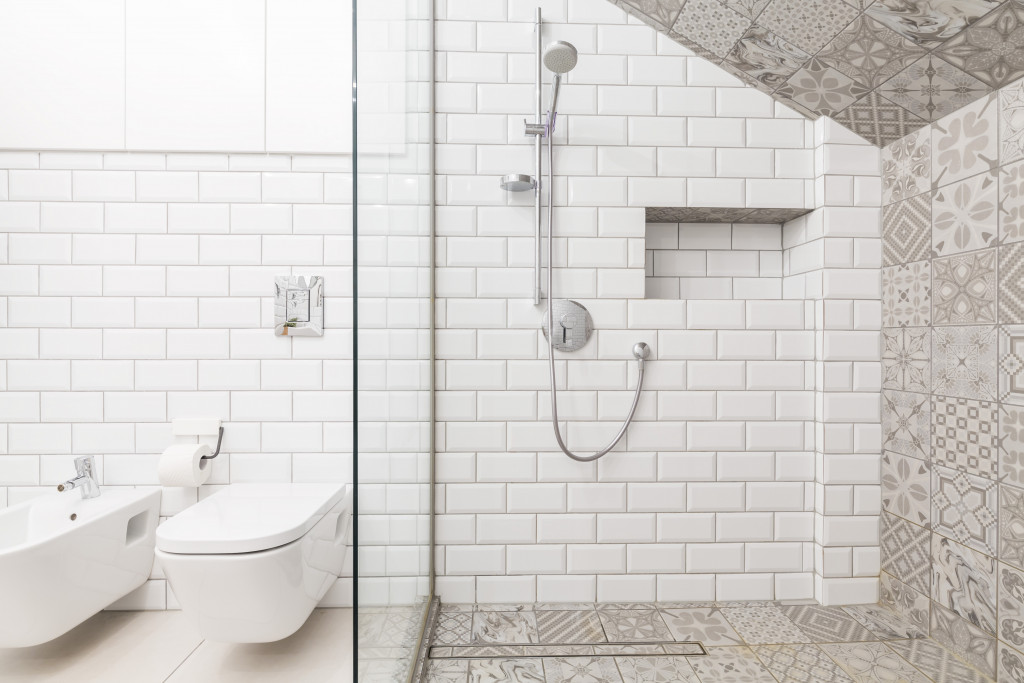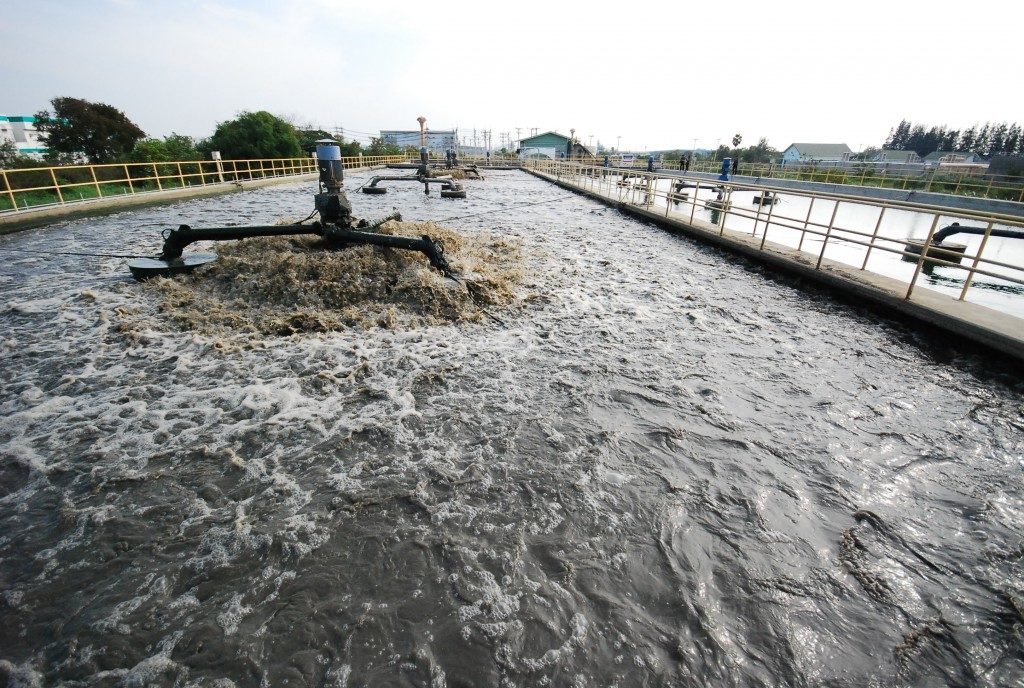Winter is upon us. It’s not the most pleasant of seasons. Although the snow on the ground is pretty to look at, the dry air and the extreme cold make it not a good time to spend time outdoors. Indoors, winter can also wreak havoc. The house can suffer from low humidity levels as low as 10 percent, increased mold and dust, and damage from the freezing cold and moisture.
But your home isn’t the only thing that’s affected by winter weather. Your appliances are also put through a stretch of cold weather, making them more likely to break down at the worst possible time. Here are some major appliances you should watch out for in winter:
Home Heating System
Your heating system is likely the first thing you think of when it comes to a home appliance that can break down in winter. Although furnaces and boilers are not as likely to fail as they used to, there’s still a chance that something could go wrong this time of year.
There are several things you can do to increase your chances of getting through winter without needing costly repairs on your furnace. Schedule regular maintenance check-ups for your boiler or furnace once or twice a year. A furnace or boiler service can help you with this task, and they may even be able to see problems before they have any impact on how well your furnace works. Keep vents clear from debris and furniture so air passes freely through them.
Washing Machine
Your washing machine is sensitive to extreme hot and cold temperatures. This household appliance will likely be okay inside the house. However, if it’s placed in an uninsulated basement, garage, or exterior laundry room, it may be in danger. If you need to store your machine in one of these locations, you need to make efforts to make your washer and dryer ready for winter. This will help protect your unit from moisture and extreme hot and cold weather.
During winter, people also tend to wear layers and heavy fabrics to protect themselves from the cold. This means that households may have to do more laundry. This puts more stress on your washing machine and makes it more likely to encounter problems this time of year. You can minimize the chances of your washer breaking down by using cold water for at least 80 percent of your laundry. If you do use hot water, avoid using scalding water that could damage the rubber and metal components in the machine.
Oven or Range
The oven or range is another common appliance that gets used during winter, especially if everyone’s busy with holiday cooking and baking. However, just because you’re using this appliance doesn’t mean it will be free from issues during winter. An oven might not start if the pilot light goes out and there won’t be any heat until you relight it or call a technician to fix it. The burners on your stove are also very susceptible to low humidity levels during winter, making them more likely to flare up or grow weak.
Garbage Disposal
Sensitive to temperature changes, the garbage disposal can break down due to extreme cold temperatures. Debris in the disposal may also freeze together and form a blockage that prevents anything from moving through it until you fix the problem.
You can prevent a breakdown during winter by pouring baking soda and hot water into your garbage disposal. This will help break up any debris that might have accumulated and it can also raise your unit’s pH levels to prevent corrosion, which is a common problem during winter. Rock salt is another solution to use, but it should be used sparingly because too much salt can corrode the blades of your disposal.
You should also avoid putting citrus peels, coffee grounds, or eggshells down the garbage disposal as they can cause damage to the blades.
Toilet

Toilets are one of the most common appliances that break during winter. If you’re lucky, it’s probably just because the tank is frozen and needs to be thawed out. However, there could also be a bigger problem behind your toilet failing to flush which requires professional help. The good news is that this problem can usually be fixed without too much effort or hassle.
It’s a nightmare when appliances break down in winter, especially when you need them the most. However, there are some preventative steps you can take to minimize the chances of your appliances breaking down including scheduling regular maintenance check-ups and cleaning or replacing filters as needed.





